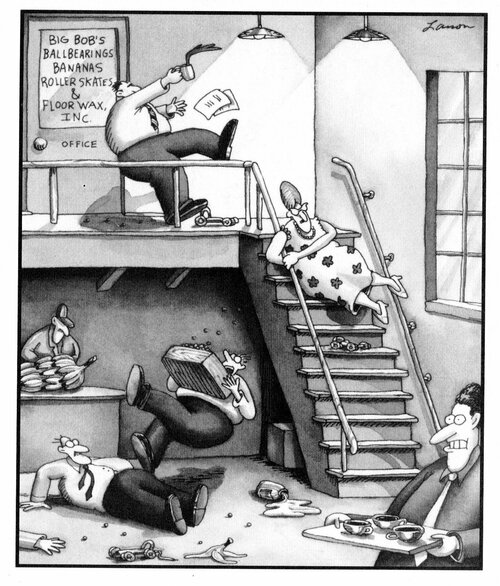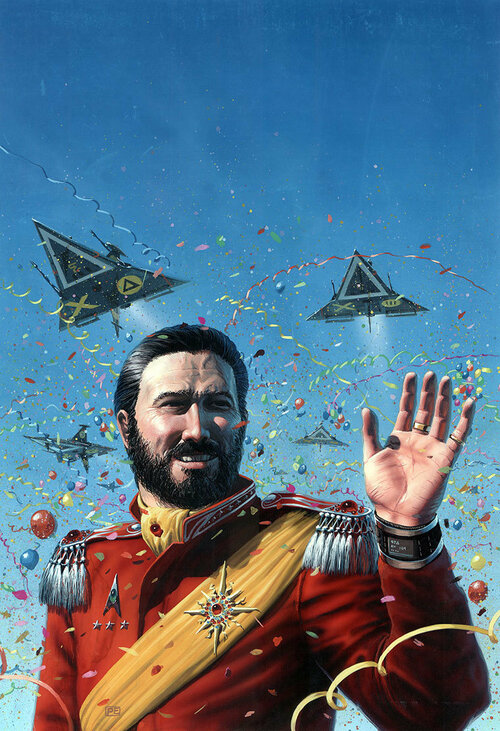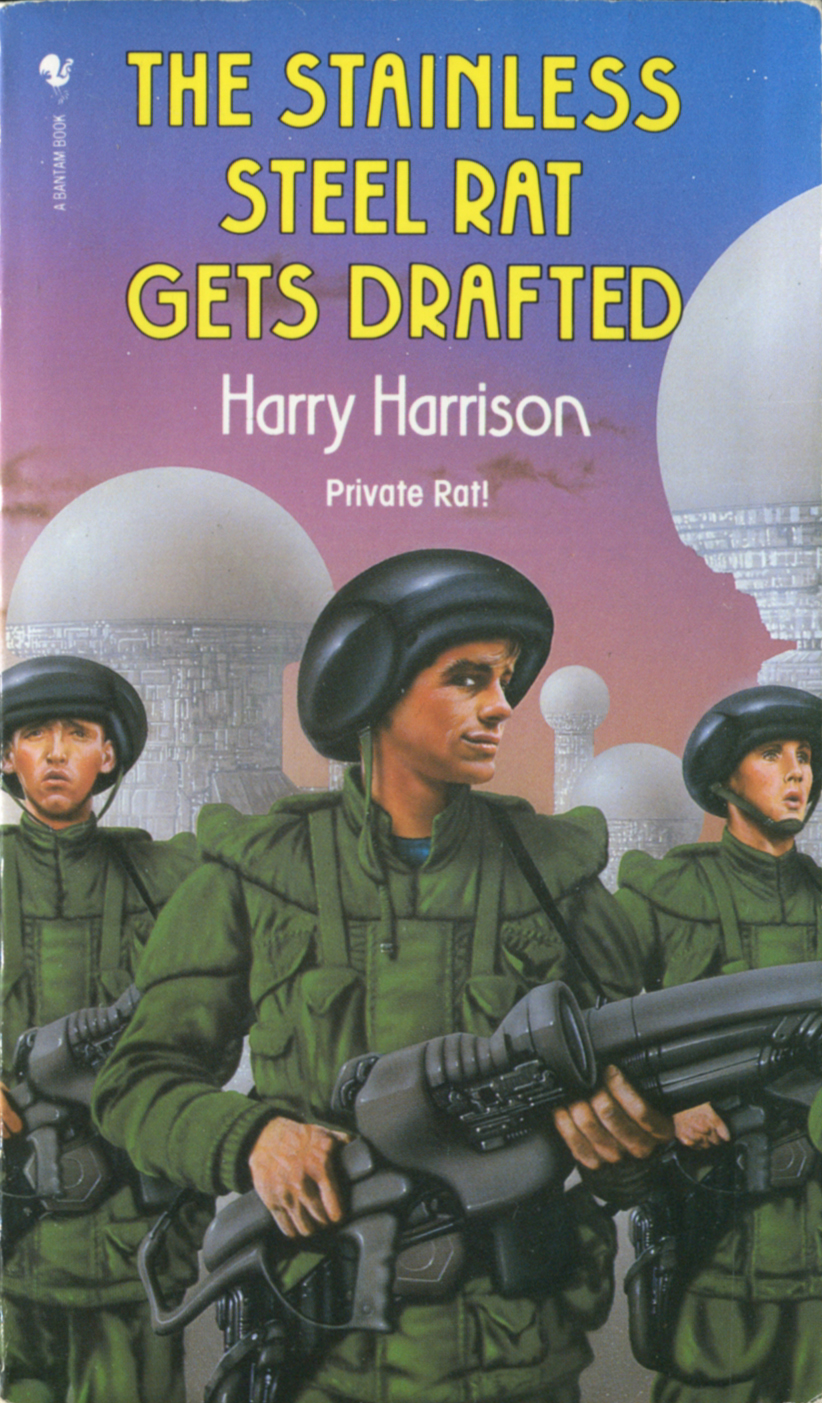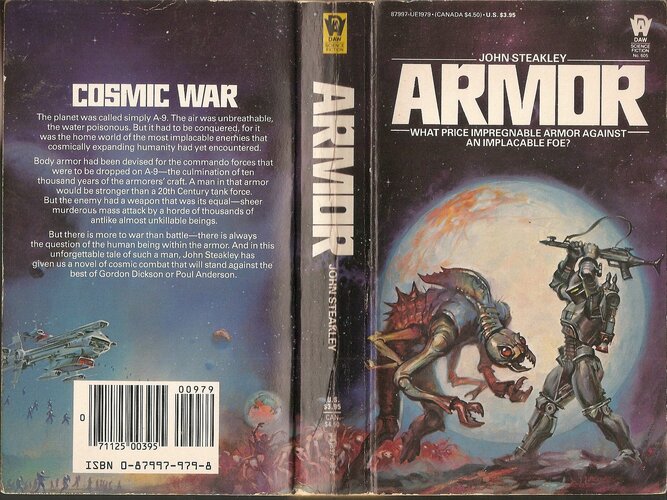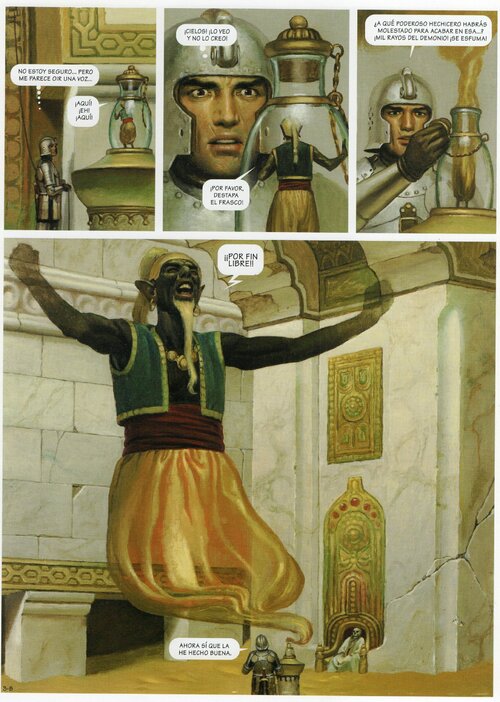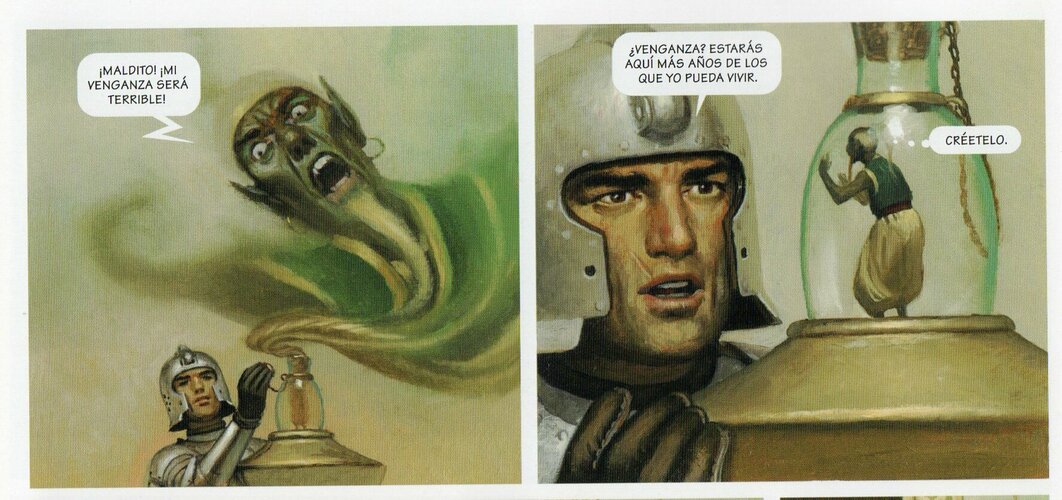Apparently, there is a "preferred list" of authors who wrote while stoned/high. And an "admiration society" here. None of the authors I know and have known did that. So, yawn.
Can't speak for sferrin, but Burroughs and his drunken ilk hold no appeal for me. However, the fact that I don't care for them says *nothing* about how good they were as authors, or how popular they are. Just as the shrieking ninnies constantly harping on about "that's not funny" regarding things that other people are laughing their asses off: *you* might not find them funny, or entertaining, or whatever, but others clearly do, and there's no objective excuse to declare that your opinion is better than theirs. *MY* opinion, on the other hand... direct pipeline to the wisdom of the ages.
My reference to "rocket science" alludes to the complexity of writing...
For which there is no comparison. No thermodynamics, no drag calculations, no cost estimations, no trying to figure out the lobbying strategies. Do you need to worry about whether the chlorine pentafluoride will react violently with your writing pen?
I don't know how many times I've spoken to beginning writers on the phone. Among the issues: the pacing is off, the tone, interlayering of story elements, and character development, among other issues. Spelling and grammar both come in at a distant 10th in importance.
*THOSE* are your concerns? Piffle. A rocket scientist/engineer has to worry about all of that just in putting together the initial proposal... never mind all the followup presentations to management, customers, Senators, etc. And then they have to do the actual work of rocket science.
Here's a test: how many "rocket scientists" wrote reasonably successful books without years of literature training? And then, how many authors, untrained as rocket scientists, built successful liquid propellant rockets?
A few years ago there was a short-lived network sci-fi series I believe called "Salvation." An asteroid or comet was detected on an impact trajectory with Earth. It was a planet killer. That's the basis for a good series, but of course the series was written by talentless hacks, so I dropped out early. What finally did it in for me: one of the strategies produced was to send an "ark" to Mars, using a Starship clone. That's fair enough, but where it fell down was the crew selection. Something like a hundred people could go, so a *college* *age* girl was chosen to select them. She rejected the notion of sending purely STEM types... you know, the people who could maintain the equipment, build new equipment, turn a lifeless patch of Mars into a colony capable of sustaining itself. Instead, she demanded - and IIRC actually got - provision for some sizable fraction of the passengers be chosen from the arts community. Because "telling stories" is important to the future of the species. Uhhh, sure. But engineers, scientists, doctors are all perfectly capable of telling stories and singing songs. You don't need training for that, especially when you can *easily* have the entire library of everything that mankind has ever written downloaded onto a tablet. nobody is going to die if you're singing voice kinds sucks, but if you can't maintain an airlock or a nuclear reactor? Better to stuff your ass into the woodchipper and feed you to the pigs. The first years, perhaps the first generations, of a small colony cut off from resupply will be a constant struggle just to survive. The arts will follow along when circumstances permit, but *only* if circumstances are made permissible by the people who and *do* do the hard work necessary.


